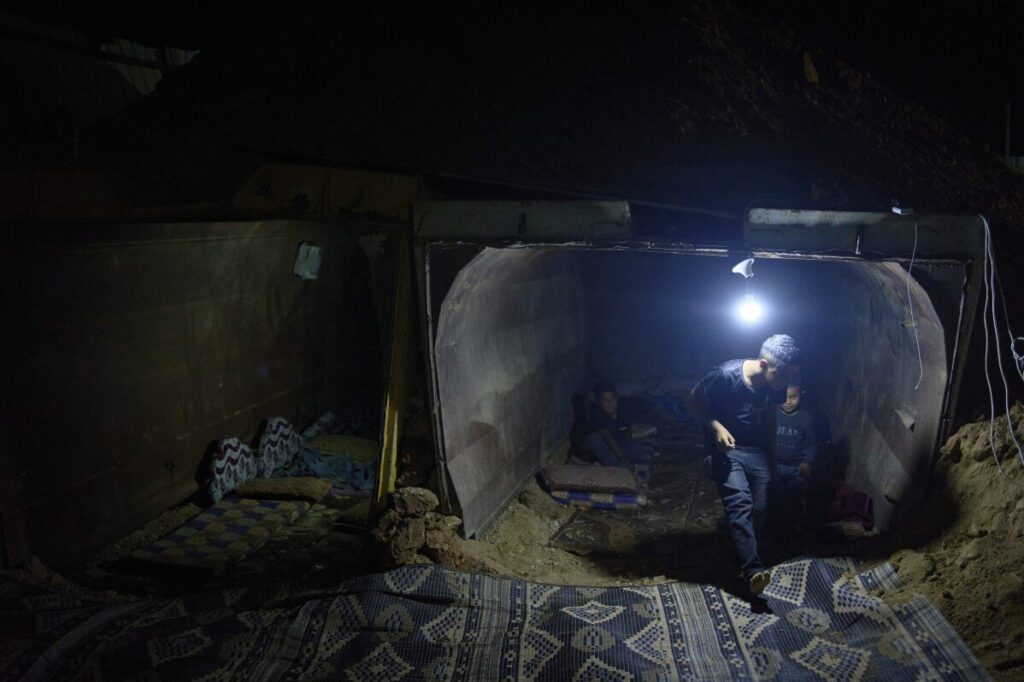France’s Push to Pressure Israel Risks Undermining Peace and American Interests
France’s call for the EU to pressure Israel to accept a two-state solution ignores hard realities on the ground and sidelines America’s proven peace efforts, risking greater instability for the region and the United States.

At a recent United Nations forum, France escalated its campaign urging the European Union to pressure Israel into accepting a two-state solution with the Palestinians. On the surface, this might seem like a humanitarian effort toward peace. But beneath this diplomatic posturing lies a dangerous detour from reality—one that could jeopardize American interests, weaken Israel’s security, and embolden forces hostile to freedom.
Why Is Europe Ignoring Israel’s Legitimate Security Concerns?
French Foreign Minister Jean-Noël Barrot demanded that the EU leverage financial incentives and diplomatic pressure against Israel, including lifting Israeli blockades and halting settlement activity in contested areas. Yet these demands disregard why Israel has taken such measures in the first place: protecting its citizens from relentless terrorist threats. Is it wise or just to force concessions without addressing security guarantees first?
Israel’s Prime Minister Benjamin Netanyahu has repeatedly rejected the two-state framework based on national security considerations, a stance echoed by America—Israel’s closest ally—who refused to participate in what it calls an “unproductive” conference. The United States’ insistence on serious diplomacy over stage-managed summits reflects strategic prudence grounded in real-world challenges.
France’s Recognition of Palestine: Symbolism Over Substance
President Emmanuel Macron’s pledge for France to recognize Palestine as a state is largely symbolic but signals a worrying shift among Western powers that risks alienating key allies while empowering extremist factions opposed to peaceful coexistence. More than 140 countries have extended recognition already—but many of those fail to uphold human rights or counter terrorism effectively.
The diplomatic theater at the UN may signal solidarity with Palestinian aspirations, but does it lead closer to peace? Or does it embolden groups who use violence as political leverage—forcing Israel into untenable positions? For Americans prioritizing national sovereignty and regional stability, this European push risks undermining decades of progress secured through firm alliances and pragmatic diplomacy.
The conference’s sidelining of American leadership threatens not only Israeli security but broader U.S. interests by weakening an essential bulwark against extremism in one of the world’s most volatile regions. Instead of external pressure campaigns that ignore facts on the ground, Washington must continue direct engagement focused on practical solutions respecting both Israeli self-defense and genuine Palestinian governance reforms.
How long will Europe insist on applying pressure without considering consequences? For families in America concerned about global terrorism’s impact here at home, now is no time for symbolic grandstanding disconnected from reality. Real peace requires tough conversations—and America must lead with clarity and resolve.
